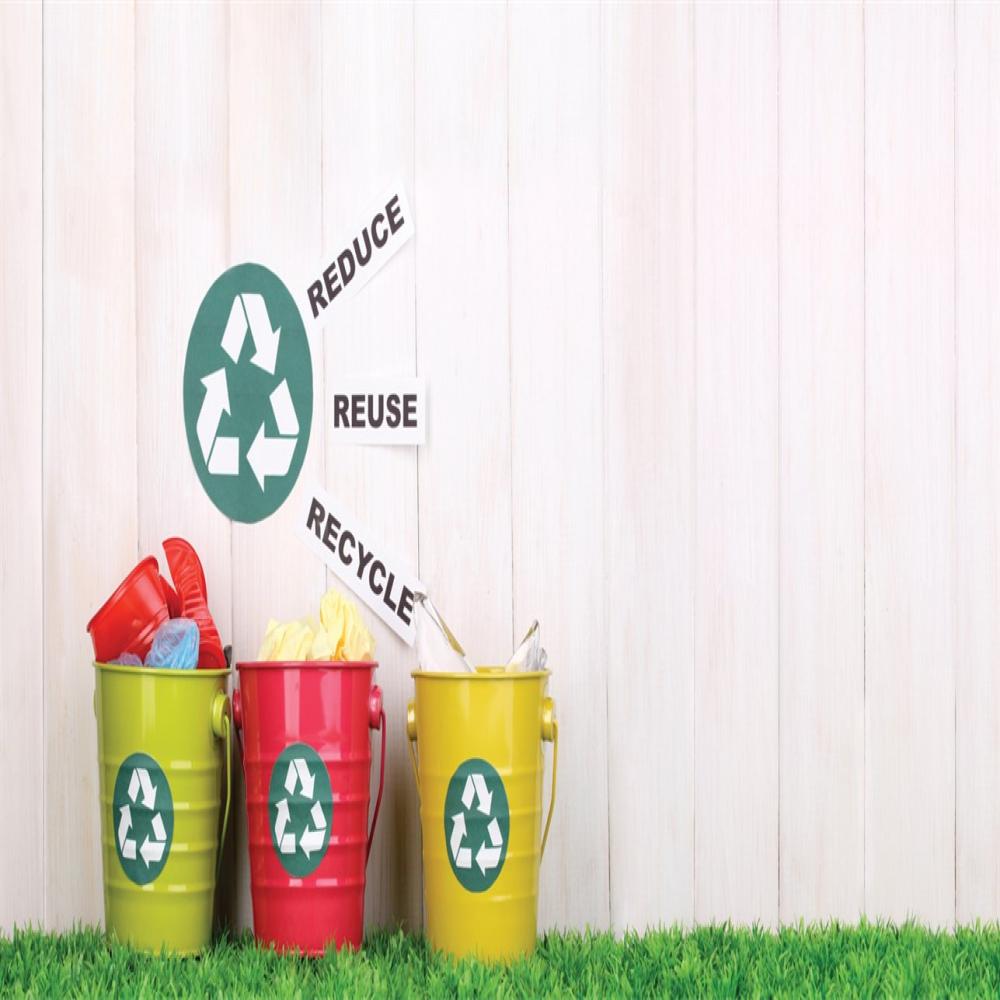D-2/7,Industrial Estate,rasulgarh-751010

D-2/7,Industrial Estate,rasulgarh-751010
Mon - Sat 9:00 am to 6:00 pm

Green Circle Environment pvt Ltd. is a leading provider of Innovative Technology Solutions & Services for the Municipal Waste Management Programs.We are a Development Firm that focuses on TDS (Technology, Design, and Solutions & Services) building comprehensive solutions that adapt to real world situations. Agriculture in India is decades behind the international standards. It is expected to take a boom with incorporation of advanced technology. This will require a whole lot of improved inputs. GC group will make its effort to contribute to the growth of the agriculture by undertaking production, marketing and R & D on agri inputs. The mother earth is becoming grey with over exploitation. It needs to be revitalizes with organic and bacteria rich material. We produce and market soil enrichers which are useful for taking up organic agriculture. Materials are available in 5kg, 20kg, 30kg. We are a focused, innovative corporation having core competencies in the areas of waste management, infrastructure development, agri inputs and sanitary development. Our growth has been empowered with steadfast and distinctive adherence to business ethics, transparent governance and commitment to quality control. We are registered under Company Act 1956 in July 2002. solid waste management Conducting field survey, visiting the site and designing based on waste generated. Organizing door to door collection. Transporting the waste material to the treatment plant through suitable means. seiving Machine This machine is powered by an electric motor/diesel engine which supplies power to carry out all functions of the machine. The machine comprise of three sets of reciprocating sieves, which are placed one above another in different inclinations. Amplitude of reciprocations of the sieves is different to handle different materials. The opening of sieve (sieve size) is also different from each other for separation of different types of materials. A blower is attached to the rear end of the machine which supplies a wide stream of air to all the sieves. The air stream helps to carry the lighter materials from sieve bed and throw out of the machine. The lightest materials such as polythene, papers etc are thrown to a farthest distance and the stones, other heavy and large materials are thrown at the nearest point of the machine. Therefore the uncomforted materials such as twigs are collected in different zones outside the machine as per its density. The power required to reciprocate different sieves, air blower etc is supplied from the central power unit through power transmission train such as sets of pulley belt arrangement and also gear arrangement. The reciprocation of the sieves is carried out by CAM mechanism. Entire parts of the machine are housed on sturdy chassis and wheel arrangements for transport of the machine.
Solid waste management in Indian cities is increasingly becoming a pressing issue, driven by rapid urbanization and population growth. Cities generate vast amounts of waste daily, with a significant portion ending up in landfills or being openly dumped, leading to severe environmental and health challenges. While there have been improvements in waste collection rates in many urban areas, issues like inadequate segregation at the source, outdated infrastructure, and limited adoption of advanced treatment technologies persist. Public awareness around sustainable waste practices is still low, and enforcement of regulations remains inconsistent across states. Financial constraints and a lack of robust policy implementation further hinder the development of efficient waste management systems. However, the future holds significant potential for improvement. Embracing decentralized waste management solutions, such as community-level composting and small-scale recycling, can help reduce the burden on centralized systems. Technological advancements like AI-based waste sorting, IoT-enabled monitoring, and waste-to-energy conversion offer promising avenues for more efficient waste processing. Adopting a circular economy approach, where waste is seen as a resource, can drive more sustainable practices, supported by initiatives like extended producer responsibility (EPR) and incentives for recycling industries. Strengthening public-private partnerships can bring in the necessary investment and expertise to revamp waste management infrastructure. By addressing these challenges and seizing emerging opportunities, Indian cities have the potential to transform their waste management systems, leading to a cleaner, more sustainable urban environment.